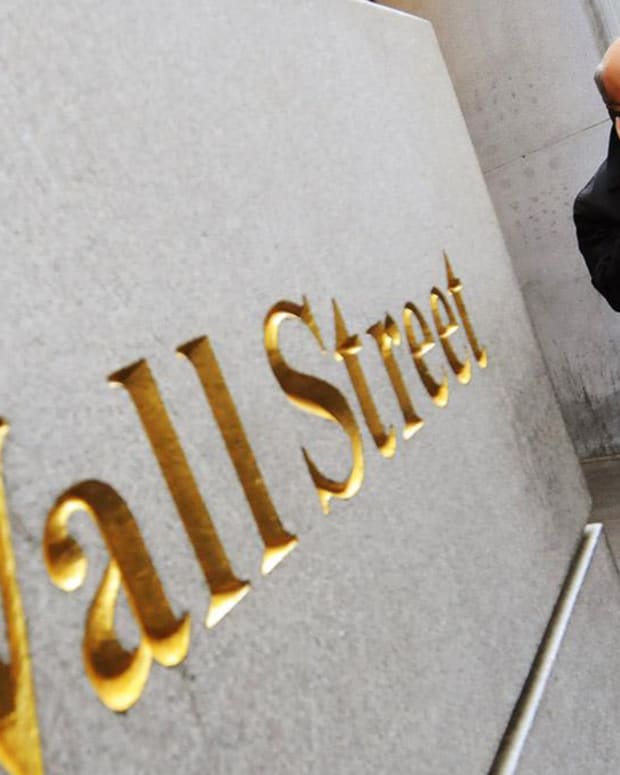The smell of recession is in the air.
Some economists have argued for months that an economic downturn may well be coming soon. Harvard economist Lawrence Summers has noted that at no time in the past 65 years has inflation stood above 4%, unemployment stood below 5%, and the economy failed to enter recession within the next two years.
The first two of those landmarks have certainly been met, with inflation soaring to 8.6% for the 12 months through May, and unemployment standing at 3.6% that month.
With the Federal Reserve ratcheting up its campaign to raise interest rates, more economists are joining the bandwagon with Summers. The Fed lifted rates 75 basis points (0.75 percentage point) on June 15, after indicating for weeks that it would move only 50 basis points.
Wells Fargo Chief Economist Jay Bryson is one of those now expecting a downturn. “We are changing our base-case forecast for next year from an economic soft landing to a mild recession starting in mid-2023,” he wrote in a commentary.
‘Entrenched Inflation’“Recent data suggest that inflation is becoming increasingly entrenched in the economy. High inflation is eroding real income, which likely will weigh on consumer spending growth in coming quarters.”
Real personal disposable income was flat in April from March.
“Additionally, the Federal Reserve is becoming increasingly hawkish,” Bryson said. The central bank already has raised its federal funds rate target by 1.5 percentage points since March, and he expects another 2.75 percentage points by early 2023.
“Higher interest rates will eventually depress interest-rate sensitive spending,” he said.
Scroll to Continue
Other financial conditions also have tightened significantly, Bryson explained. “Credit spreads have widened, most major stock market indices have slipped into bear market territory, and, the dollar has strengthened considerably.”
These factors also will slow the economy, he said.
Mortgage Rates Up the Most in 35 Years as Rate Hikes Hammer Homebuyers
On the Bright Side …To be sure, “many underlying fundamentals generally remain sound,” Bryson said. “Household and business balance sheets are generally in good shape, and the banking system is well capitalized.” So he doesn’t see a “deep or prolonged” recession.
Meanwhile, strategists at JPMorgan Chase have calculated that the S&P 500 now suggests an 85% chance of recession. The index has dropped 23% this year.
The bank’s estimate stems from the fact that the S&P 500 fell 26% on average during the past 11 economic downturns.
“In all, there appear to be heightened concerns over recession risk among market participants and economic agents, which could become self-fulfilling if they persist,” the strategists wrote in a commentary.
That could “prompt [these players] to change behavior, e.g., by cutting investment or spending,” the strategists said. “Market concerns of a risk of a Fed policy error and subsequent reversal have increased.”
But keep in mind Nobel laureate economist Paul Samuelson’s 1966 quip that the stock market predicted nine of the past five recessions.
